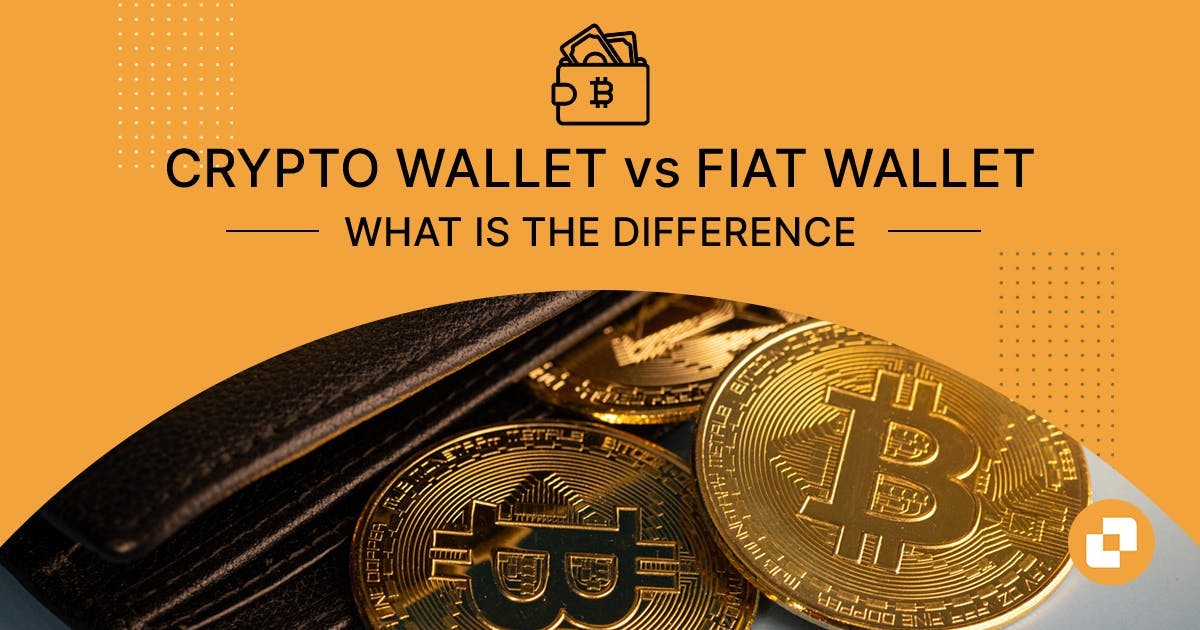Crypto Wallet vs Fiat Wallet: What is the Difference?
Ian Cheeseman
min read

FAQ
Cryptocurrencies have the potential to disrupt traditional financial systems, but whether they should replace fiat currencies entirely is a complex question that involves various economic, regulatory, and societal factors. However, the additional benefits and the inclusion of revolutionary blockchain technology make crypto a very natural progression in our increasingly digital world.
Crypto wallets are specifically designed for digital currencies and do not directly support fiat currencies. However, some platforms and services like fiat to crypto exchanges allow for the conversion of fiat to cryptocurrencies.
Crypto wallets prioritize security through encryption, private key management, and decentralized technology. While fiat systems also have security measures, they rely on centralized entities and may be more susceptible to certain risks. This, on top of many cryptocurrency's deflationary structures, many would argue that crypto is more secure than fiat.
A fiat wallet, typically in the form of a digital bank account, allows you to store, transfer, and manage traditional currencies. However, it is important to note that a fiat wallet is not the same as a traditional bank account, as it may have limitations and differences in functionality.